When working on a hard case of periodontitis there is a strange connection built between hygienist and patient that makes the end of the treatment phase an even weirder moment. Perio treatment is rough and painful and often times very scary, especially for those who have been through it before. It's not uncommon for patients to cry or be very upset when they learn about the poor conditions of their gums and bone and that they'll have to come in for 3-4 different appointments to get their teeth properly cleaned so they can start over and have any chance of regaining oral health. That moment is key for me as a hygienist. That is when I can either ruin all hope and increase fear to astronomical levels or when I can actually earn a very deep level of trust and confidence from the patient. Obviously, I try for the latter.
After working to develop that trust you are continuously working to keep the patient calm and happy and hopeful during that first appointment where you're probably deep scaling one quadrant of the patient's mouth. Maintaining a good balance of anesthesia and deep scaling is very important. When working on a patient with this type of condition presented I see and actually feel the patients pain and anxiety inside.
At the second appointment, the patient is hopefully feeling a little better about things and you are able to get an idea of how the patient's home care is going. You are able to get a little bit more done because the anxiety is reduced and the patient is sometimes motivated by the cleaned quad to improve their oral hygiene.
By the third appointment, the patient and hygienist are usually on a first name basis and there's been ample opportunity to get to know a lot about them. You're excited for them to be finishing up their treatment and to see how they've been doing all this time. I usually like to go over and make sure the rest of the mouth is still clean so I scale and polish everywhere. I really like it when I'm able to scale the already cleaned quads without using any anesthetic at this point. The patient is also excited to see you because it's the last time and they're eager to hear how they're improving and to learn what more they need to do.
Finally, the hardest part: the release. Letting that poor injured bird fly on its newly mended wing in the wild for the first time. Well... not exactly but sometimes it does feel like it. You wonder if they'll be able to keep everything healthy for the next 3 months or if they'll ever come back and you'll be able to see them again. You schedule a recall and give them all the tools and knowledge you can to help them out but in the end it's up to them and you just have to wait and see.
Sunday, November 14, 2010
Farewell
Posted by Den at 7:43 PM
Subscribe to:
Post Comments (Atom)

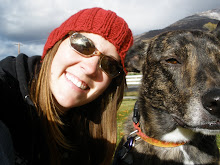

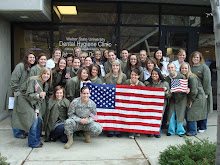
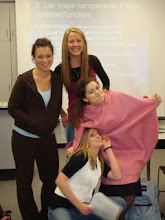
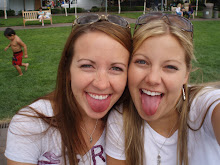

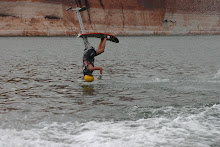




0 comments:
Post a Comment